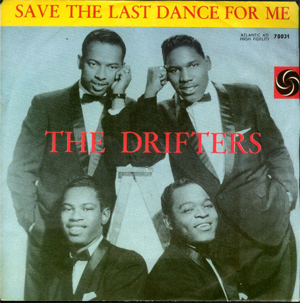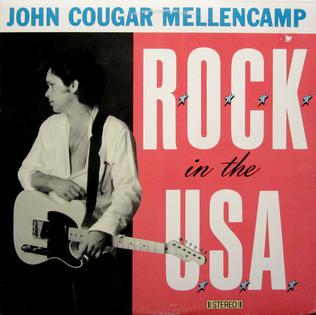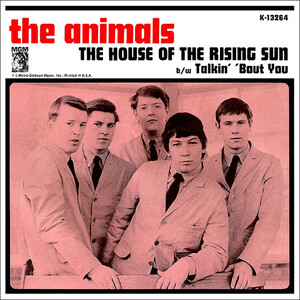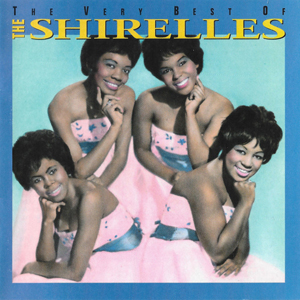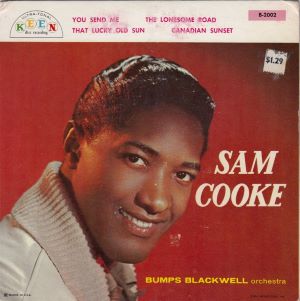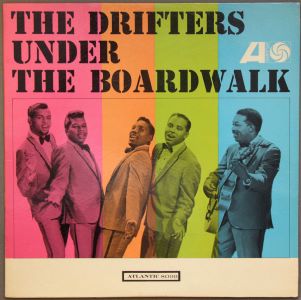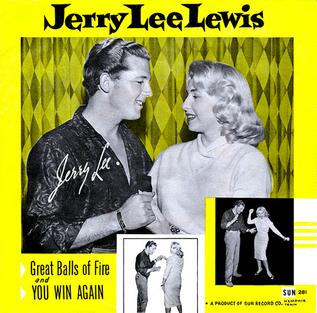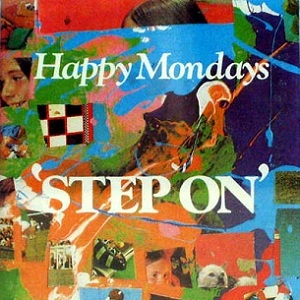The Drifters, known for their timeless hits, were more than just a vocal group—they were a revolving door of talent, innovation, and influence. Their manager, George Treadwell, famously owned the rights to the group’s name, allowing him to replace members as he saw fit. This created a unique dynamic in which the lineup of The Drifters was constantly evolving, but the sound remained consistent, thanks to brilliant vocalists like Clyde McPhatter, Ben E. King, and later, Johnny Moore. The shifting roster didn’t diminish the group’s success; rather, it seemed to fuel their ability to adapt to the changing music landscape of the late 1950s and early 1960s.
Before joining The Drifters, Clyde McPhatter was the usual lead singer for Billy Ward and the Dominoes, contributing to their early success with his distinctive, gospel-infused voice. Songs like “Have Mercy Baby” and “The Bells” highlighted his emotional delivery and vocal range, setting the stage for what would come next in his career. His time with the Dominoes laid the foundation for the innovative sound he would help bring to The Drifters, marking a pivotal moment in his development as one of R&B’s greatest vocalists.
The Drifters were trailblazers in many respects. Songs like “There Goes My Baby” brought orchestration into the realm of rhythm and blues, breaking new ground by blending classical strings with a soulful vocal performance. Similarly, “On Broadway” and “Up on the Roof” captured urban life’s glamour and grit, weaving storytelling with lush, intricate harmonies. The songs’ productions were often grand and ambitious, thanks in part to producers like Jerry Leiber and Mike Stoller, who knew how to balance pop accessibility with artistic flair.
The influence of The Drifters extended beyond their chart success. Ben E. King’s solo work, such as the universally beloved “Stand By Me” and “Spanish Harlem,” grew from the soulful foundation he helped build with The Drifters. Clyde McPhatter’s solo career also flourished with hits like “A Lover’s Question” and “Without Love (There Is Nothing),” which showcased his soaring voice. Their work as both individuals and part of the group helped shape the sound of R&B and soul music for years to come.
Another fascinating aspect of The Drifters was the way they handled romantic themes. Hits like “Save the Last Dance for Me” and “This Magic Moment” masterfully conveyed the highs and lows of love, set to irresistible melodies that have since become part of the Great American Songbook. The group’s ability to evoke deep emotion, whether it was longing, joy, or heartache, made their music resonate across generations. The universal appeal of songs like “Under the Boardwalk” further solidified their legacy.
The Drifters’ story is a testament to the power of adaptability. Though they were often a group in flux, the quality of their music never wavered. By blending innovation with a revolving door of vocal talent, they left an indelible mark on popular music. Whether you’re drawn to the lush productions, the heartfelt lyrics, or the seamless harmonies, The Drifters’ catalog remains a treasure trove of R&B brilliance.
